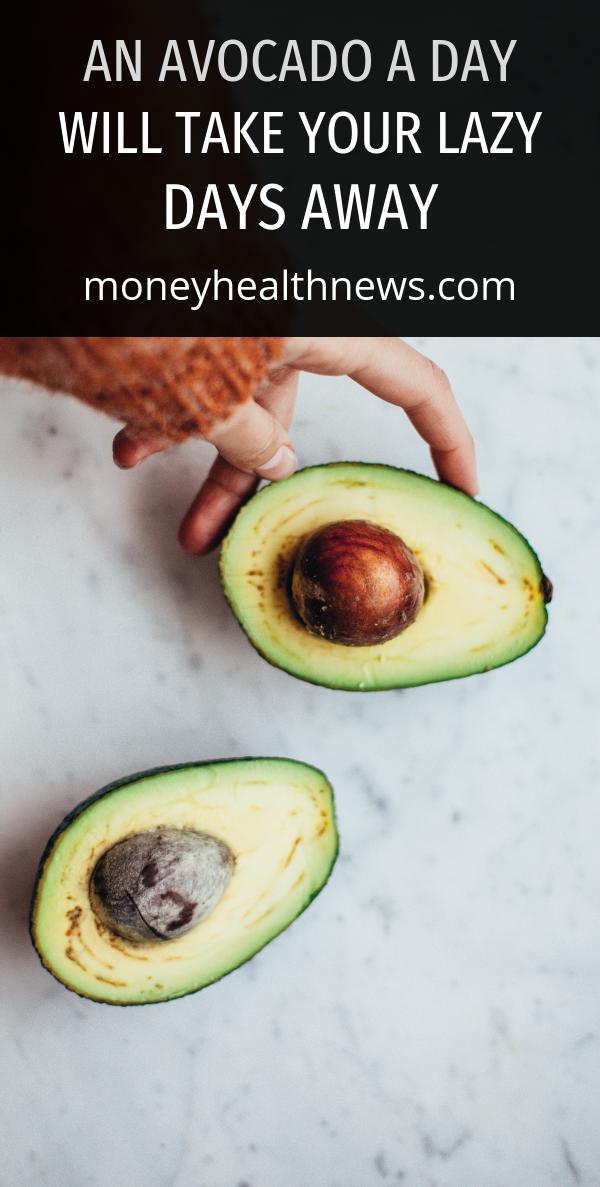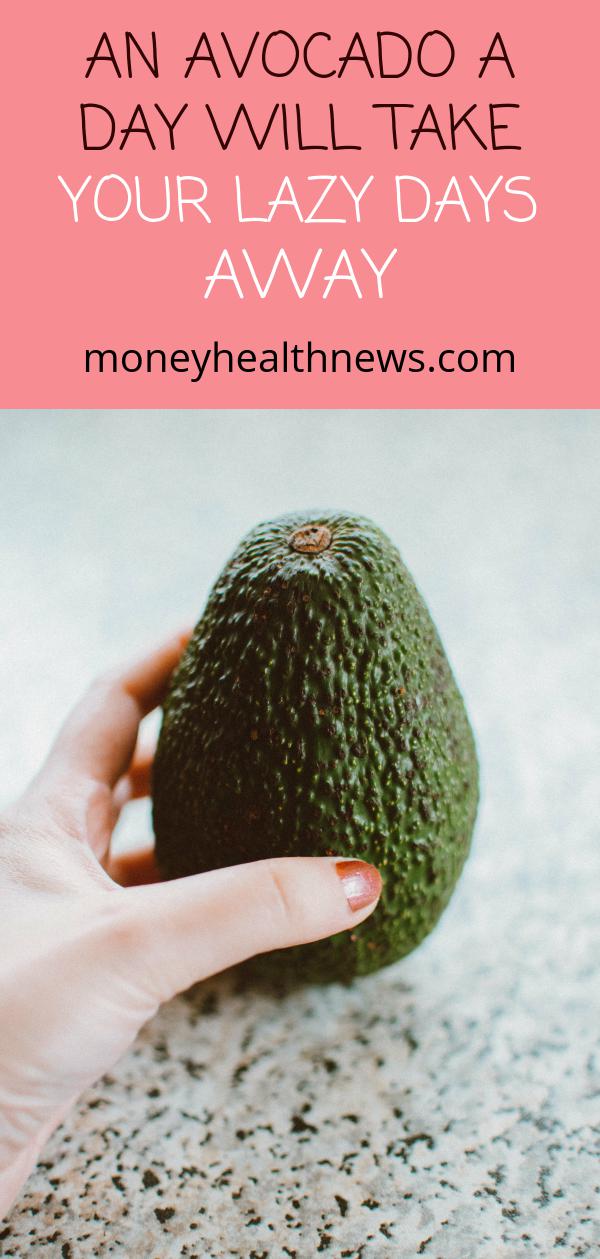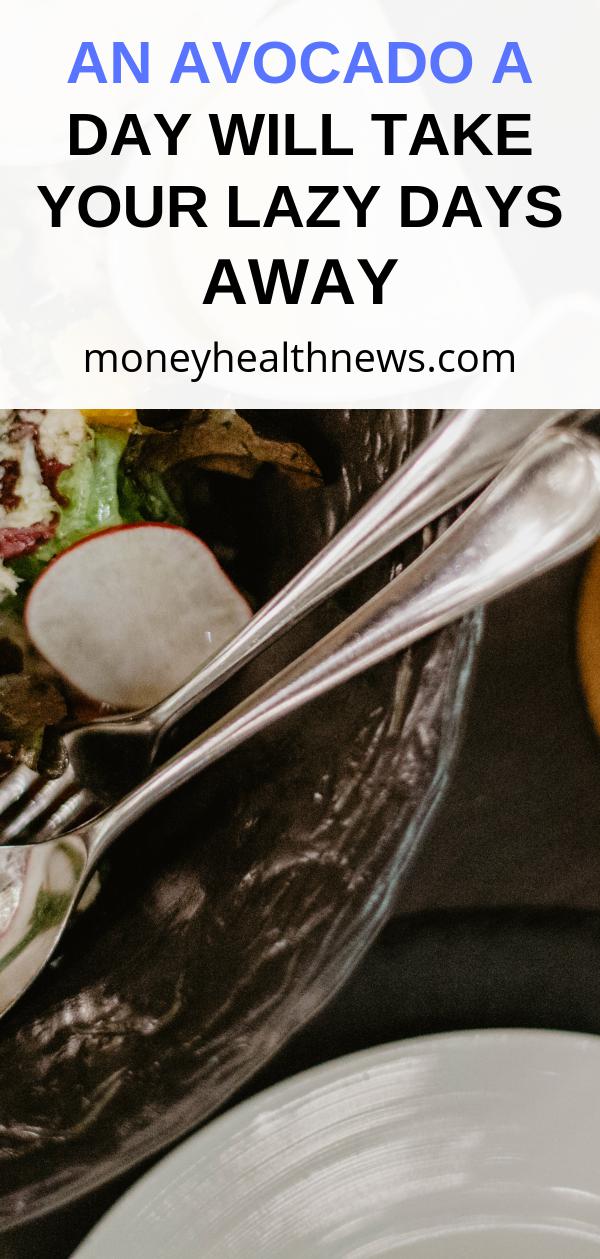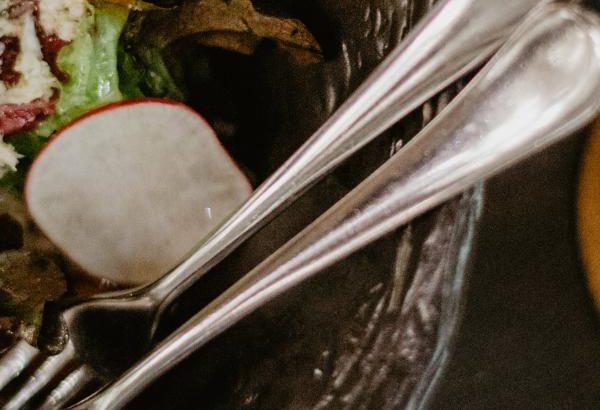The avocado is the largest fruit in the plant family Solanaceae. Its scientific name is “avocado”. It can grow in a wide variety of climates and it’s often grown as an ornamental plant, although it may be eaten on occasion as well.
The avocado fruit has a skin, which protects the flesh underneath from harmful weather conditions. The flesh is mostly black and contains a variety of healthy nutrients, such as Vitamins A, C, E, K, and various fatty acids. The avocado is very rich in fiber, including 30% fiber content. The fiber can help to improve digestion and also help lower cholesterol levels.

Some other nutritional benefits of avocados include; they contain more antioxidants than many other fruits, which means they have less fat and no cholesterol. They also have magnesium, potassium, phosphorus, Vitamin B, calcium, niacin, thiamine, Vitamin C, and numerous other vitamins and minerals. They are high in fiber and can help with constipation and aid in losing weight.
Avocados can be a great source of protein. A serving of this fruit can provide a person with about 2 grams of protein. One medium avocado provides about 18 grams of protein. The protein found in the avocado is excellent for building strong muscles, helping your body to build and repair muscle tissue, and is also excellent for your heart health.
Daily consumption of one avocado can help to boost a dieter’s busy lifestyle. Avocados are also a good source of energy and can help you stay energized through long days at work or at home. The fat found in the avocado will help you feel full more easily. If you’re thinking about losing weight, consider adding some of these benefits to your diet.
Before you try them on for size, you should take a final note. Avocados are very high in calories, about eighty calories per avocado. By eating more of them each day, you’ll be able to lose more weight.
The avocado is a hard fruit to peel and requires a thorough washing. Be sure to use a high-quality citrus-based soap to wash it well before peeling. Otherwise, the skin can become very tough and it can cause the avocado to break apart when it is cooked.
When trying to figure out how much you should eat, just remember that the more the better. Try mixing them with yogurt, salsa, or any other food that you’d like. A good tip is to eat several avocados with a bowl of rice.
When cooking the avocado, make sure you use high-quality olive oil. Other oils such as sunflower, corn, soybean, and safflower oils can destroy the nutrient profile found in avocados. Not only does the high-quality oil protect the avocado from cooking, but it also protects it from the enzymes that are responsible for protecting the skin.

Olives are another added benefit to this food. One medium avocado serves about eight ounces of fresh olives. If you don’t have a lot of olives at home, you can substitute a tablespoon of mayonnaise and a half teaspoon of dried dill weed.
To make the most of avocados as a healthy food, you should try to make them the way they were meant to be. This means using the best ingredients for your cooking and soaking them thoroughly before using them. You will have healthy, tasty fruits for years to come.





